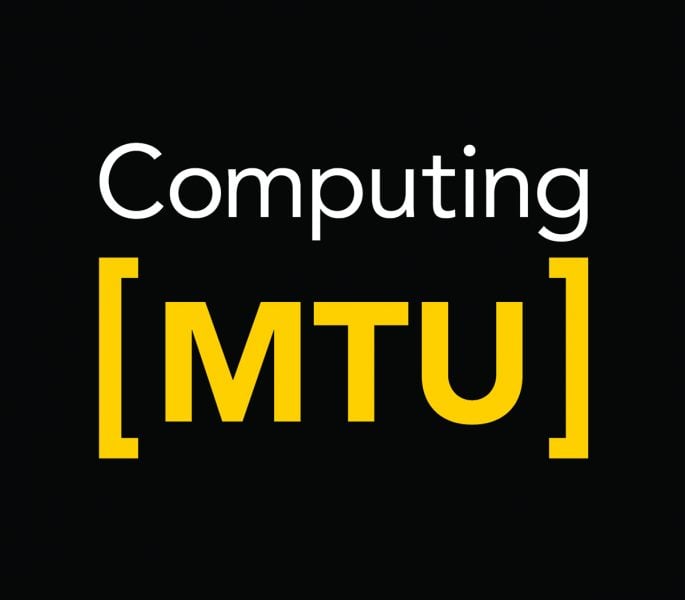
U.S. News & World Report mentioned Michigan Tech on its Online Health Informatics Master’s Degree page. Robert Rollins ’19 ’20 (B.S. Computer Network and System Administration M.S. Health Informatics) was quoted in the degree overview and job outlook sections.
Online Health Informatics Degree: An Overview
Students in a health informatics master’s degree program learn technical skills in data and computer systems as well as in management, analysis and leadership to help position them as leaders in the field. They also learn about the challenges and problems in health care, public health and information management and tools they might use to solve them.
Health informatics is a rapidly growing field at the intersection of health care, data analysis and technology management. According to an American Health Information Management Association survey last year, 66% of health information professionals reported a need to fill positions in areas of data quality and analytics, consumer health information and cybersecurity, among others. Graduates with skills in health informatics are needed to help solve problems in the complex world of health care data. Because of ongoing innovations in artificial intelligence and machine learning, master’s degree-holders have much to offer potential employers.
The field of health informatics and health information management technology has evolved from early efforts to organize and systematize recordkeeping in health care to managing a variety of systems to help process this data, with specific regulations and language. While closely related, health informatics and health information management are slightly different. Health information management is focused on managing and storing data, as well as problem-solving to make the systems better. Health informatics seeks to help improve health care through the use of data. According to the American Medical Informatics Association, health information management, along with data science and data analytics, are sectors within the field of health informatics.
Given its multidisciplinary nature, health informatics has many specializations. Students can focus on areas such as artificial intelligence, security and privacy, clinical informatics, health administration and public health.
Health informatics master’s degree-holders work in health care settings like hospitals and clinics; for consulting services or computer companies that serve the field; and for universities, companies and the government. While a bachelor’s in the field can open up opportunities, a master’s in health informatics can make candidates more competitive for senior roles in the field, including managers, directors and consultants.
People who may be a good fit for this field are technology-minded and have strong problem-solving skills, as well as an interest or background in working in health care. They should also have an understanding of the sensitive nature of patient data and have skills in planning, coordinating and presenting their work. Strong communication skills and the ability to empathize with others in health care “are crucial for successful collaboration with diverse professionals in the field,” says Robert Rollins, who earned a Master of Science in health informatics from Michigan Technological University and works as a high-risk researcher and data facilitator at Stanford University.
“Currently, I hold the position of high-risk research and data facilitator at Stanford University, a role I would not have attained without my master’s degree. The program equipped me with a deep understanding of the unique security challenges prevalent in the health care industry, along with a comprehensive knowledge of the rules and regulations crucial for safeguarding health information systems. Collaborating with professionals such as doctors and nurses on various projects during my coursework provided me with a holistic understanding of the industry. This exposure was especially enriching, coming directly from a technical computing major.”